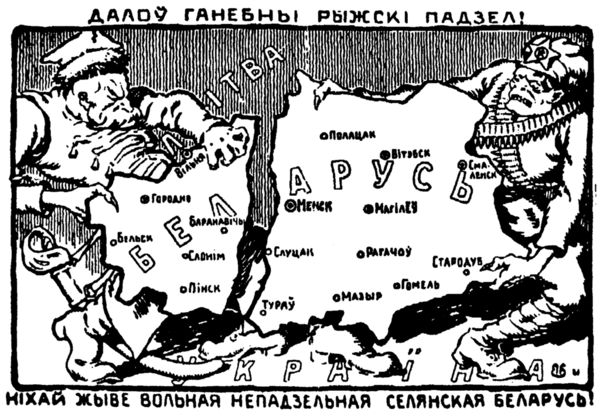League of Nations Failures
Historians generally accept that the League of Nations’ failures outnumber its successes. The failures played a role in the outbreak of World War Two in 1939 and exposed the pitfalls of the League of Nations. Whereas earlier failings had little impact on Europe as a whole, its failures in the run up to war threatened the safety of the world.
The League’s ultimate failing was that it was unable to safeguard peace on a number of occasions, but most notably in the fact that it was incapable of preventing World War Two.

North Italy
The League of Nation’s first crisis was in the North of Italy. Italian nationalists captured the small port of Fiume in 1919 in retaliation against the treatment of Italy in the Treaty of Versailles. The Treaty had given Fiume to Yugoslavia. The League failed to do anything when Fiume was governed by an Italian nationalist. The Italian government resolved the situation by bombarding the port of Fiume and forcing a surrender. Even though it was responsible for safeguarding peace, the League did not interfere.
Poland and Czechoslovakia
A small town between Poland and Czechoslovakia called Teschen was the next problem. Both the Poles and Czechs wanted access to its valuable coal mines.
Czech and Polish troops fought in January 1919 resulting in many deaths. The League decided to give the majority of the town to Poland and the suburbs to Czechoslovakia, but the Poles refused this decision as the valuable mines were in the suburbs. The argument continued on for the next 20 years.
Germany
Germany had to pay war damages under the Treaty of Versaille, but in 1922 Germany did not pay an installment. The Allies called for action against the nation. In 1923 Belgian and French troops invaded Germany's most important industrial zone, the Ruhr, contrary to the League. Without the power of the Allies, the League could not assert its authority and the invasion of the Ruhr set a precedent for other nations wanting to oppose the League.
Seen together, the failures of the League in the 1930s made it appear weak. It was a weakness that dictators could exploit, meaning that Europe was far from safe in the run up to World War Two.
See also: League of Nations Successes
MLA Citation/Reference
"League of Nations Failures". HistoryLearning.com. 2025. Web.
